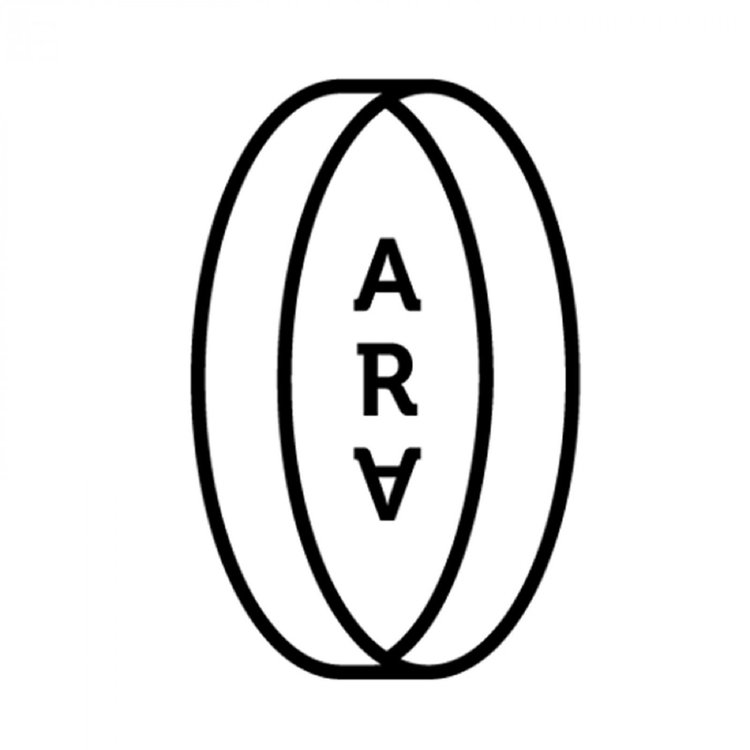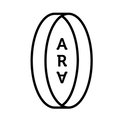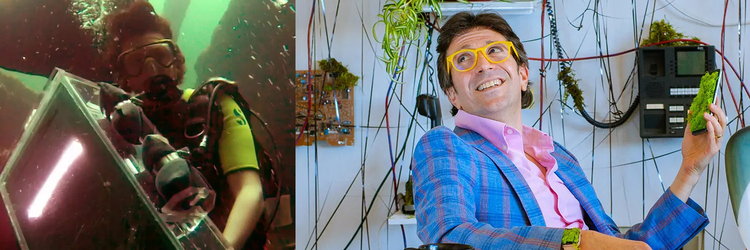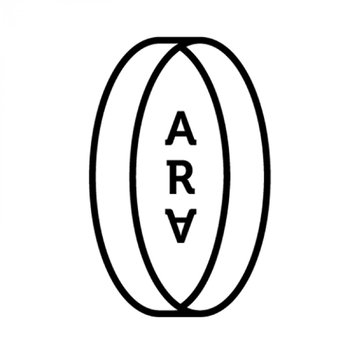
Nathaniel Stern: teaching everyone how to sustain their work with entrepreneurial thinking
Loading player...
In this dialogue Prof Christo Doherty speaks to Professor Nathaniel Stern, an artist, writer and teacher who holds a 50/50 dual appointment at the University of Wisconsin-Milwaukee as a Professor in Art and Design and Mechanical Engineering where “he teaches artists how to engineer, engineers how to art, and everyone how to sustain their work with entrepreneurial thinking.”
Nathaniel’s most recent art project, a travelling exhibition, called "The World After US (TWAU): Imaging techno-aesthetic futures", is a fascinating and constantly mutating physical melange of botany and discarded electronics that challenges viewers to imagine “what our digital media will be and do in the world after us”. One aspect of the TWAU project, called "The Wall After Us", was was recently featured as part of the SYM|BIO|ART exhibition at University of Johannesburg. The exhibition launched the newly formed Creative Microbiology Research Co-Lab at the University of Johannesburg led by Prof Leora Farber.
Nathaniel also has a long association with Johannesburg and the Wits School of Arts. With a Masters from the Interactive Telecommunications Program at New York University, he was responsible for designing and teaching the first years of the Interactive Media studio programme in the Digital Arts department. Over that time he also won the Brett Kebble Art Award in both 2003 and 2004, thus earning the first recognition for interactive and digital art in the South African art world. Following his time in Johannesburg, he went on to do a PhD in Mechanical Engineering at Trinity College, Dublin, Ireland writing his dissertation on interactive art and embodiment.
Since his PhD, Nathaniel has created a dazzling range of exploratory art projects, often in collaboration with other artists, scientists and engineers. In fact the journal Scientific American says Stern’s art is “tremendous fun,” and “fascinating” in how it is “investigating the possibilities of human interaction and art.” I urge listeners to visit his website to get a grasp of the extent of his artistic and writerly practice. In this discussion, we talk about the TWAU project; and the experience of installing the "The Wall After Us" working remotely from the US together with the curatorial team at the FADA gallery. We also explore Nathaniel’s thinking about aesthetics and the relationship between aesthetics and activism, especially the climate activism that is central to his work. Finally we unpack the Startup Challenge which Nathaniel directs at Lubar Entrepreneurship Centre at the University of Wisconsin Milwaukee. I think that the expanded notions of both innovation and entreprepreneurship that Nathaniel deploys in the programme are of great value for similar work at Wits, and in South Africa more broadly.
Useful links to Nathaniel’s website, books, exhibitions, and papers:
His website: https://nathanielstern.com
His latest published paper, together with Johannes Lehmann and Rachel Garber-Cole: "Novelty and Utility: How the Arts May Advance Question Creation in Contemporary Research". Leonardo (2023) 56 (5): 488–495. DOI https://doi.org/10.1162/leon_a_02400
The TWU site, with downloadable PDF of the exhibition catalogue and a video documentary: https://nathanielstern.com/text/2020/catalog-the-world-after-us/
https://nathanielstern.com/artwork/documentary-the-world-after-us/
Nathaniel's first book, with downloadable intro chapter:
Ecological Aesthetics: artful tactics for humans, nature, and politics
https://nathanielstern.com/text/2018/ecological-aesthetics/
The Lubar Entrepreneurship Centre webpage: https://uwm.edu/lubar-entrepreneurship-center/student-startup-challenge/#
Nathaniel’s most recent art project, a travelling exhibition, called "The World After US (TWAU): Imaging techno-aesthetic futures", is a fascinating and constantly mutating physical melange of botany and discarded electronics that challenges viewers to imagine “what our digital media will be and do in the world after us”. One aspect of the TWAU project, called "The Wall After Us", was was recently featured as part of the SYM|BIO|ART exhibition at University of Johannesburg. The exhibition launched the newly formed Creative Microbiology Research Co-Lab at the University of Johannesburg led by Prof Leora Farber.
Nathaniel also has a long association with Johannesburg and the Wits School of Arts. With a Masters from the Interactive Telecommunications Program at New York University, he was responsible for designing and teaching the first years of the Interactive Media studio programme in the Digital Arts department. Over that time he also won the Brett Kebble Art Award in both 2003 and 2004, thus earning the first recognition for interactive and digital art in the South African art world. Following his time in Johannesburg, he went on to do a PhD in Mechanical Engineering at Trinity College, Dublin, Ireland writing his dissertation on interactive art and embodiment.
Since his PhD, Nathaniel has created a dazzling range of exploratory art projects, often in collaboration with other artists, scientists and engineers. In fact the journal Scientific American says Stern’s art is “tremendous fun,” and “fascinating” in how it is “investigating the possibilities of human interaction and art.” I urge listeners to visit his website to get a grasp of the extent of his artistic and writerly practice. In this discussion, we talk about the TWAU project; and the experience of installing the "The Wall After Us" working remotely from the US together with the curatorial team at the FADA gallery. We also explore Nathaniel’s thinking about aesthetics and the relationship between aesthetics and activism, especially the climate activism that is central to his work. Finally we unpack the Startup Challenge which Nathaniel directs at Lubar Entrepreneurship Centre at the University of Wisconsin Milwaukee. I think that the expanded notions of both innovation and entreprepreneurship that Nathaniel deploys in the programme are of great value for similar work at Wits, and in South Africa more broadly.
Useful links to Nathaniel’s website, books, exhibitions, and papers:
His website: https://nathanielstern.com
His latest published paper, together with Johannes Lehmann and Rachel Garber-Cole: "Novelty and Utility: How the Arts May Advance Question Creation in Contemporary Research". Leonardo (2023) 56 (5): 488–495. DOI https://doi.org/10.1162/leon_a_02400
The TWU site, with downloadable PDF of the exhibition catalogue and a video documentary: https://nathanielstern.com/text/2020/catalog-the-world-after-us/
https://nathanielstern.com/artwork/documentary-the-world-after-us/
Nathaniel's first book, with downloadable intro chapter:
Ecological Aesthetics: artful tactics for humans, nature, and politics
https://nathanielstern.com/text/2018/ecological-aesthetics/
The Lubar Entrepreneurship Centre webpage: https://uwm.edu/lubar-entrepreneurship-center/student-startup-challenge/#


